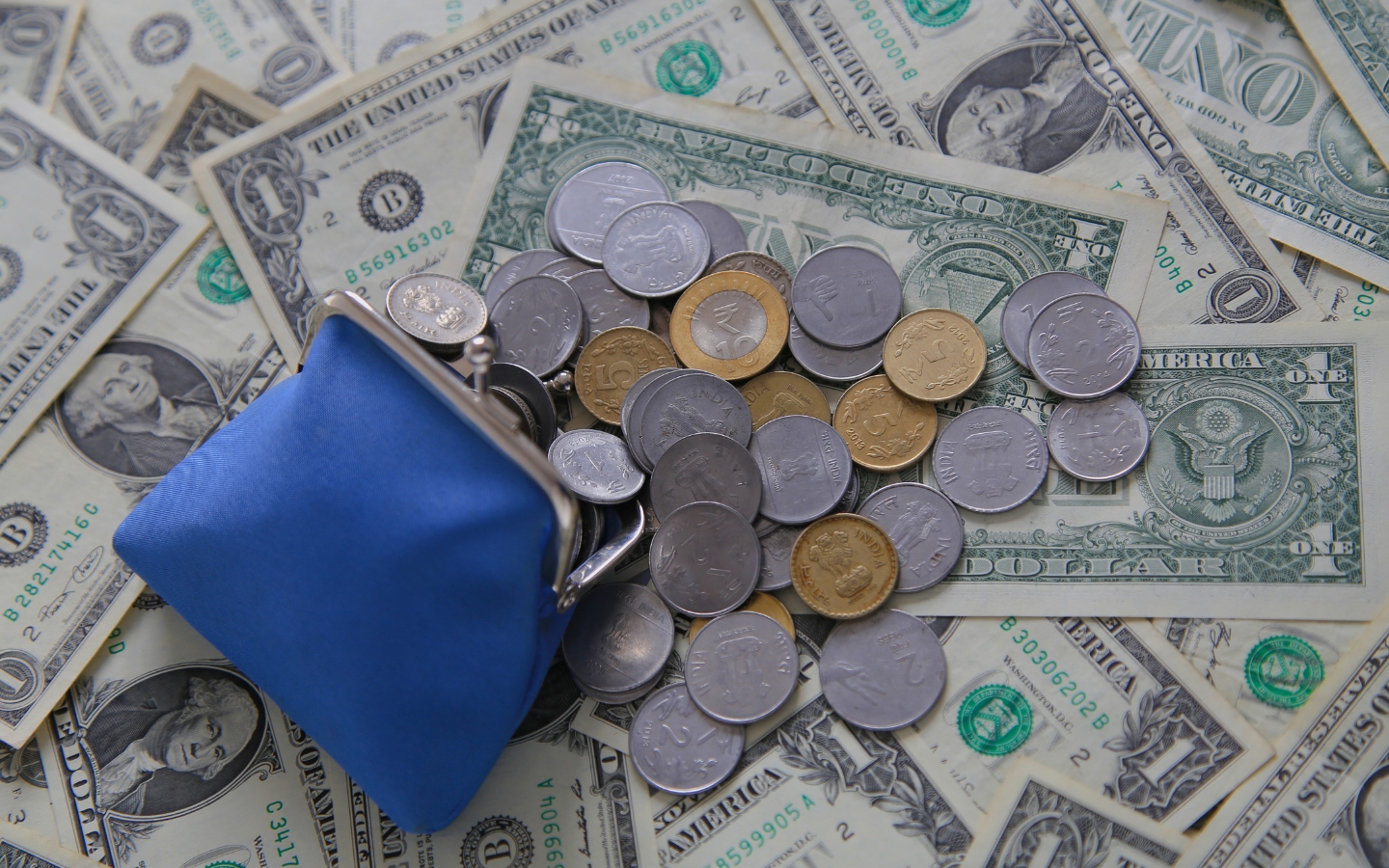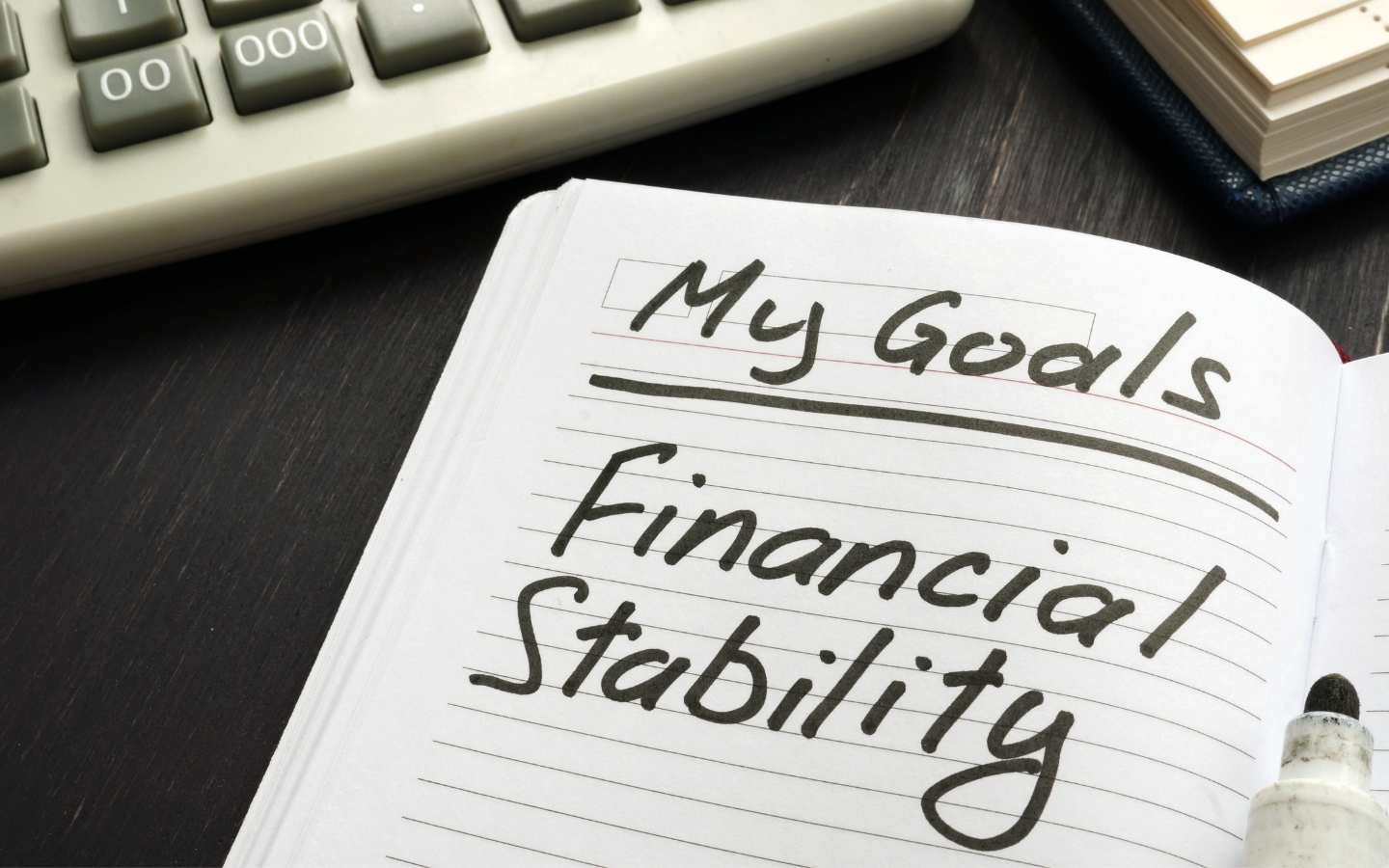Is it truly possible to budget effectively when you're on a tight income? Absolutely. Even with limited financial resources, you can still create a robust plan to manage your money, prioritize spending, and save for the future.
While budgeting on a low-income might come with its challenges, it’s the surest path to financial stability and peace of mind. By being intentional with every penny and finding ways to maximize value, you can lay the foundation for a brighter financial future.
Key Takeaways
- Budgeting with a low income requires strategic planning and disciplined spending.
- Prioritizing essential expenses and cutting out non-essentials can free up more of your income.
- Tools and techniques are available to help you stretch your dollars further.
Read on to uncover actionable steps and strategies on how to budget money on low-income and transform your financial life.
Why is it so Important to Budget Especially on a Low-income?
It doesn't matter whether you make $10000 per month or $1000 - budgeting is essential for everyone.
It's especially important if you're living on a low income as it can help you stretch your money further and make the most out of what you have.
Here are some of the key reasons why you should make budgeting a priority, no matter your income level:
1. Control Over Money

One of the most significant benefits of budgeting is the control it provides over your financial resources.
When you create a budget, you're effectively giving each dollar a job to do. This ensures that your money is working for you and not the other way around.
Instead of wondering at the end of the month when all your income disappeared, a budget allows you to allocate funds for specific purposes in advance.
Whether it's paying bills, saving for a vacation, or investing for retirement, budgeting ensures your money is spent wisely.
2. Prevents Overspending
A common financial pitfall many people face is overspending, often on unnecessary items or impulse buys.
Without a clear plan, it's easy to spend more than you intended, leading to financial strain or even debt.
However, having a budget acts as a financial roadmap, guiding your spending decisions and keeping them aligned with your financial goals. It sets clear boundaries for your spending, helping you differentiate between wants and needs.
This way, you can enjoy your money without the guilt or worry of overspending, ultimately leading to a healthier financial life.
3. Prioritizes Essential Expenses

Budgeting isn't just about restricting spending - it's about making sure your money goes where it's most needed first. This means prioritizing essential expenses like rent, groceries, utilities, and healthcare.
By allocating funds to these necessities upfront, you ensure they're taken care of before anything else.
You can then divide the remaining income into other categories, such as entertainment or personal care.
In this way, budgeting helps you meet your basic needs without compromising your quality of life.
4. Encourages Saving
One of the most critical aspects of financial health is saving for the future. However, without a budget, it's easy to overlook this important step.
A well-planned budget includes a category for savings, encouraging you to consistently set money aside.
Whether it's for an emergency fund, a down payment on a house, or a dream vacation, having a savings goal can motivate you to stick to your budget. Plus, seeing your savings grow over time can be incredibly rewarding!
5. Reduces Financial Stress

Managing finances can be stressful, especially when living paycheck to paycheck. The uncertainty of not knowing whether you'll have enough money to cover your expenses can lead to constant worry. But budgeting can change that.
By providing a clear overview of your income and expenses, a budget eliminates financial surprises. You know exactly where your money is going and how much you have left.
This clarity can significantly reduce financial stress, giving you peace of mind and more enjoyment of your hard-earned money.
How to Budget Money on Low-Income: Step By Step
So now that we know the importance of budgeting on a low income let's dive into how you can create one for yourself.
1. Identify Your Income
The first step in setting up a budget is understanding your total monthly income. This should include all sources of money coming in, not just your primary wage or salary.
If you have side jobs, receive government benefits, or earn interest from savings accounts, make sure to add these to your calculations.
Knowing the full extent of your income provides a clear starting point for your budget, helping you understand exactly how much money you have to work with each month.
2. List Your Expenses

Once you've identified your income, you'll need to outline all your expenses for the month. This includes both fixed costs, such as rent or mortgage payments, and variable costs, such as groceries or transportation.
Don't forget to include less frequent expenses, too, like quarterly bills or annual fees.
By having a comprehensive list of your expenses, you can see where your money is going, identify any potential areas for savings, and ensure you're not spending more than you earn.
3. Prioritize Essential Expenses
Budgeting on a low income means prioritizing your spending. Start by allocating funds to cover your essential expenses, such as rent or mortgage, utilities, and food. These are non-negotiable costs that you must meet each month.
By ensuring these needs are met first, you're safeguarding yourself from potential financial stress or hardship.
Remember, the aim is not to cut back on these essentials but to understand how much of your income they consume.
4. Set Savings Goals

Even on a low income, it's important to strive for some level of savings. Begin by deciding how much you can reasonably put aside each month. This doesn't have to be a large amount - even small, consistent savings can do the trick.
Including a savings category in your budget helps you build a financial safety net, preparing you for unexpected expenses or helping you reach longer-term financial goals. It's not just about saving money, it's about cultivating a habit of saving.
5. Create Spending Categories
After accounting for essentials and savings, categorize what's left of your income into different spending areas. These categories might include entertainment, personal care, clothing, or dining out.
By doing so, you're giving every dollar a job, ensuring your money is being used purposefully - this will help you avoid overspending.
Remember, these categories should reflect your lifestyle and values. There's no one-size-fits-all budget, it's about what works for you.
6. Track Your Spending

Keeping a close eye on where your money goes is key to successful budgeting. Regularly review your spending habits to ensure they align with your planned budget. This can be done manually, through a spreadsheet, or by using a budgeting app.
This isn't about scrutinizing every penny, but rather about understanding your spending patterns. It helps you spot any potential problem areas quickly, allowing you to adjust your spending before it becomes an issue.
7. Create an Emergency Fund
Life is unpredictable, and unexpected expenses can pop up at any time - that's why creating an emergency fund is crucial.
This is a stash of money set aside specifically for unplanned costs such as medical emergencies or sudden loss of income.
Even a small amount added to this fund regularly could be a financial lifesaver in the future.
So in case of an emergency, you don't have to dip into your savings or take on debt - you'll be prepared and financially stable.
8. Adjust As Needed
Your budget isn't set in stone - it's a living document that should adjust to your changing needs and circumstances.
If you find that you're consistently overspending in one category or underutilizing another, it's time to reassess and adjust.
Perhaps your income has changed, or you've had a lifestyle shift. Regular check-ins and adjustments ensure your budget continues to serve its purpose – helping you manage your money effectively and efficiently.
Top Mistakes to Avoid When Budgeting on a Low-income

When creating a budget, it's vital to avoid common mistakes that can derail your financial success - here are some top mistakes to watch out for:
- Shop With a List: Impulse buying can easily destroy any budget, so make a shopping list and stick to it.
- Avoid Credit Card Debt: High-interest debt can quickly accumulate, making it harder to get ahead financially. Try paying off your credit card balance in full each month.
- Set Only Achievable Goals: Unrealistic goals can lead to frustration and demotivation. Be honest with yourself when setting savings goals, and remember that every little bit counts.
- Spend Mindfully: It's important to have a budget, but don't let it restrict you from enjoying life. Be mindful of your spending and adjust accordingly, but still allow yourself to treat yourself once in a while.
- Don't Forget to Reward Yourself: Celebrate your budgeting wins, no matter how small. This will help you stay motivated and committed to your financial goals.
Conclusion - How to Budget Money on Low-Income
In conclusion, budgeting on a low income is possible with some careful planning and discipline. All it takes is a little bit of effort, and you can successfully manage your finances, build savings, and work towards achieving financial stability.
Remember to be patient with yourself and adjust as needed – your budget should work for you, not the other way around. So start today, and take control of your financial future!

